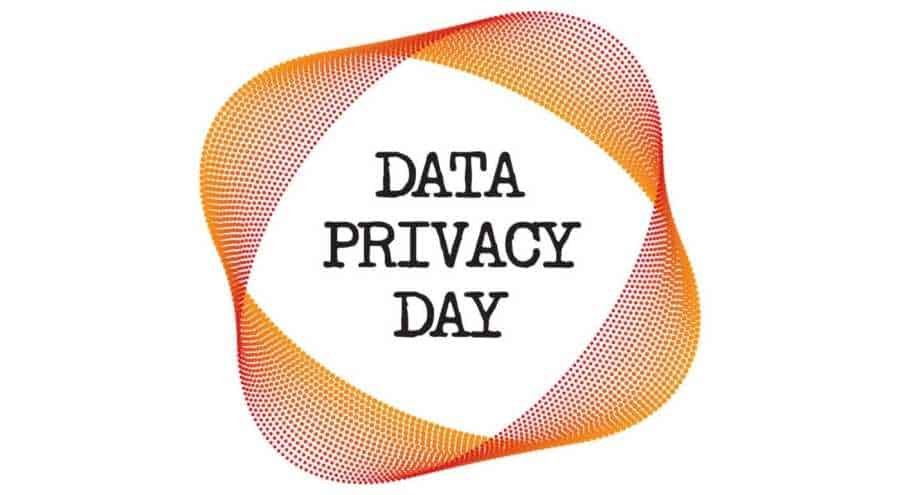Monday, January 28 was the world day Data Protection Day (Data Privacy Day). If you forgot, nothing happened. It was a day like any other day, with no real protection of our privacy, except for those who chose to stay offline.
The non-profit National Cybersecurity Alliance seized the opportunity, and organized a conference at LinkedIn's headquarters in San Francisco, California. Kelvin Coleman, executive director of the NCA, chaired the day which he described as very important for the εξερεύνηση the opportunities and challenges of private life.
In her opening remarks, Eva Velasquez, President and CEO of the Identity Theft Resource Center, described the findings of her organization for 2018 (PDF). The report found a 23% decrease in the number of data loss cases and a 126% increase in the number of personally identifiable information, which contained almost 198 million new entries.
Data Privacy Day and green horses
Data leaks like this would not happen if there was real privacy.
But everyone who was there had no intention of thinking of some dream world where its new users Internet θα έχουν τον πλήρη έλεγχο στα data their. They did not attempt to investigate privacy as defined in the dictionary: "The quality or the state of our existence without the companies and without monitoring".
They did not examine tools, such as the Signal application, which may offer a measure of privacy by deleting personal data.
Instead, they chose to focus on the parameters of legitimate data usage, the ways in which companies can better manage data with updates and customer consent.
In other words, the focus was on compliance, not abstaining from data collection.
"Companies are increasingly seeing privacy and security as business costs and see them as opportunities," said Kimberly Nevala, SAS Strategic Software Consultant.
The word "opportunity" used by Kimberly Nevala means the use of data for better and more effective competition, which can generate additional revenue for businesses. Data is likened to oil, and as a commodity that can contribute to business growth. So companies that want to make a profit do not even think about giving up data collection.
The global IT company Unisys he says A survey of more than 1.000 American adults found that 42% of respondents were reluctant to collect data from health insurance companies to determine premiums and type of insurance. 38 percent do not want their location to be monitored by police, and 27 percent do not like the idea that their luggage sensors can interact with airport luggage management systems.
The results show that people are afraid of these technologies because they feel unprotected online, says Tom Patterson, head of Unisys.
"As a consumer, you can not give a conscious consent, because you do not know how your data will be used or combined," he said, emphasizing the extremely incalculable decisions of machine learning algorithms.
He even suggested that certain uses of data should be considered toxic.
If all of the above worries you, we should add that Karen Zacharia, Verizon's chief privacy officer, declined to describe the characteristics that must be present in privacy legislation.
______________
- Facebook: What you do not know or ignore size
- The lie of 500GB: Why is it always smaller?
- Facebook: Deleting pages that violate the rules





